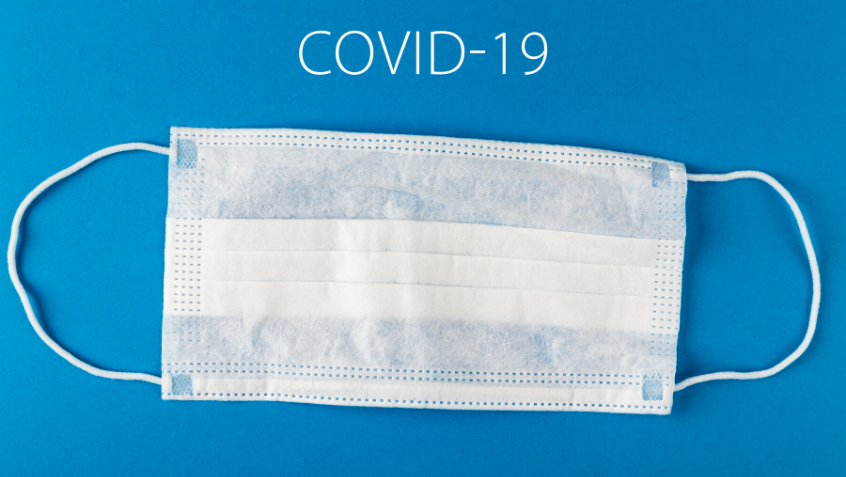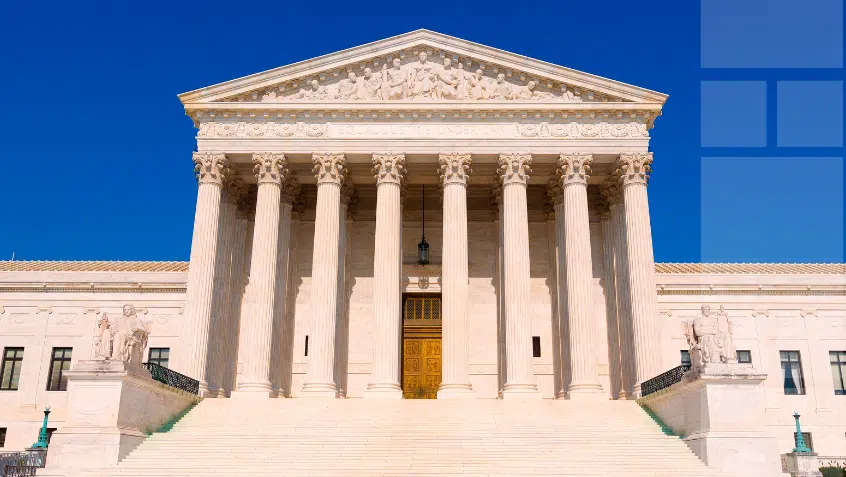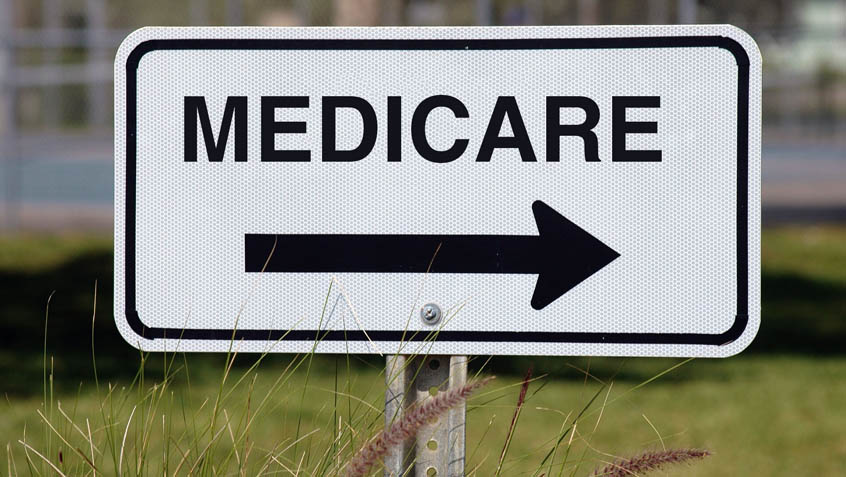
Bipartisan Group of Former CMS Administrators Sign Letter of Support for the BENES Act
Today, the Medicare Rights Center sent congressional leaders a letter of support for the BENES Act (S. 1280/H.R. 2477) signed by all living former Centers for Medicare & Medicaid Services (previously the Health Care Financing Administration) Administrators, Republicans and Democrats.








